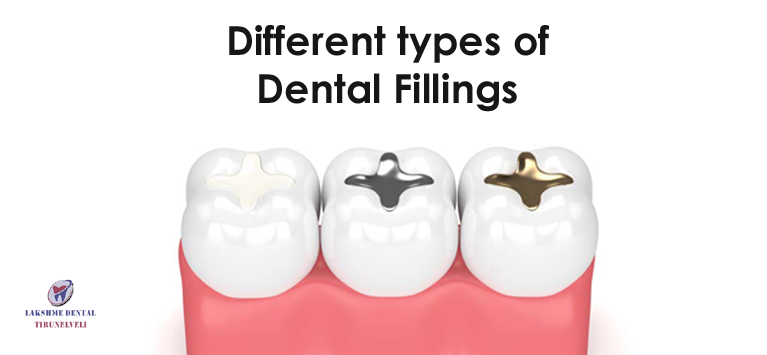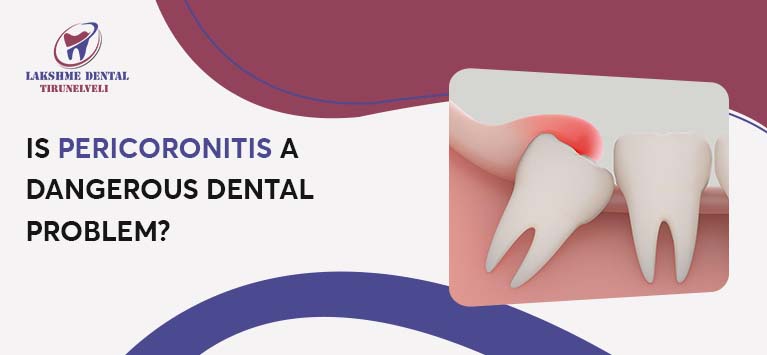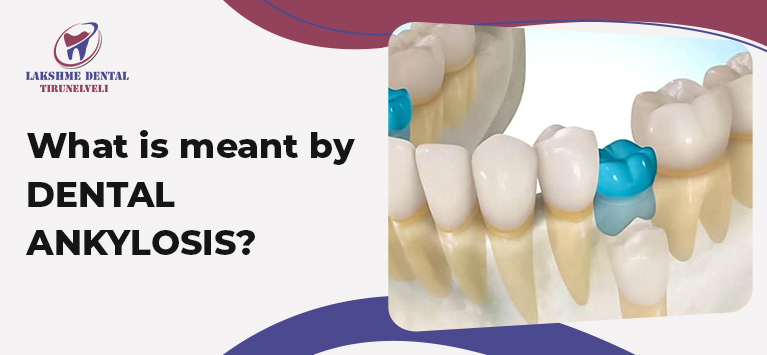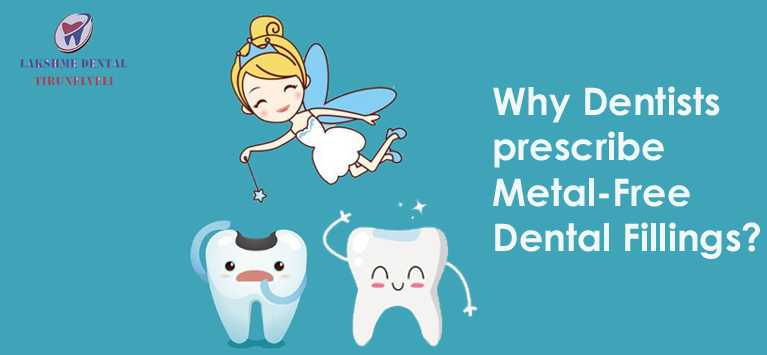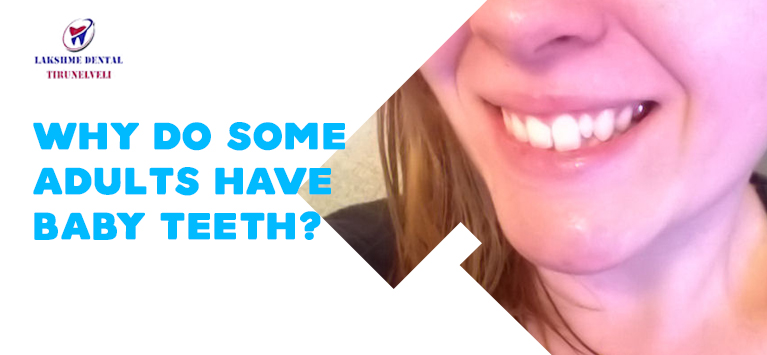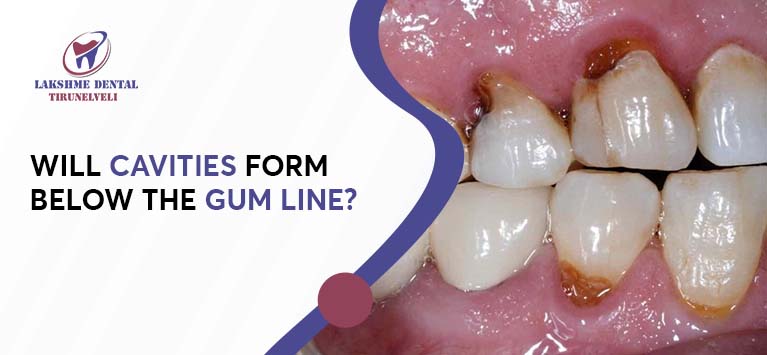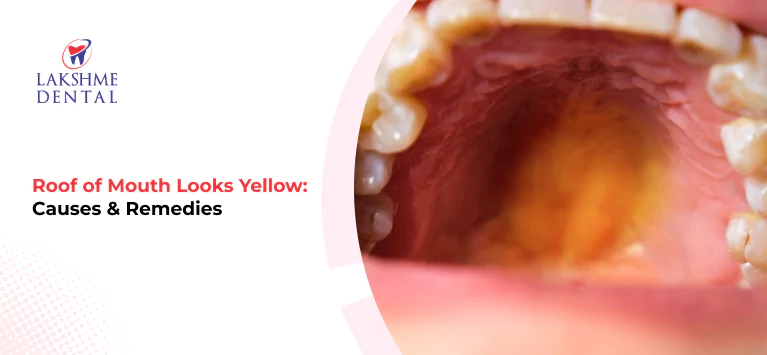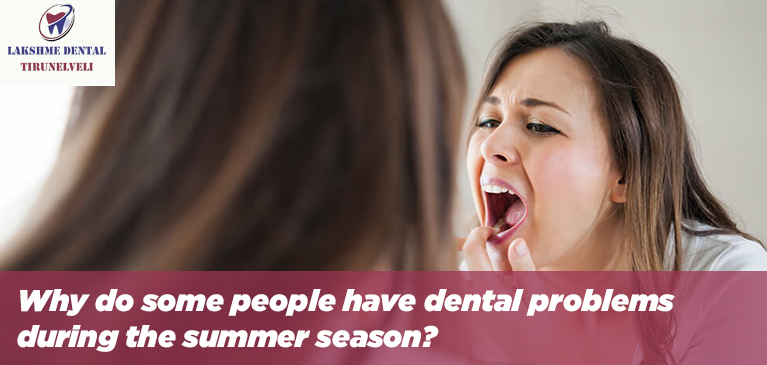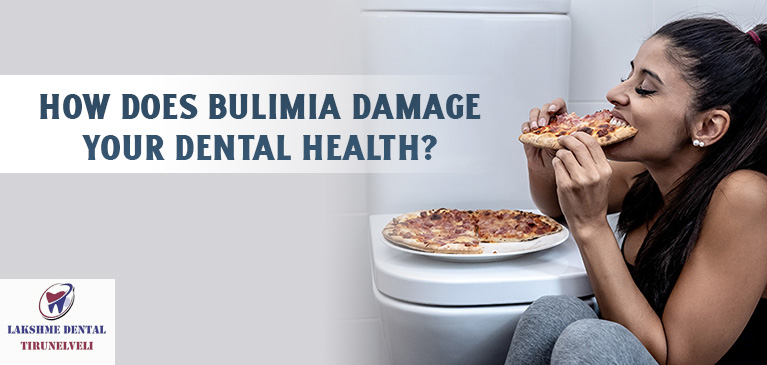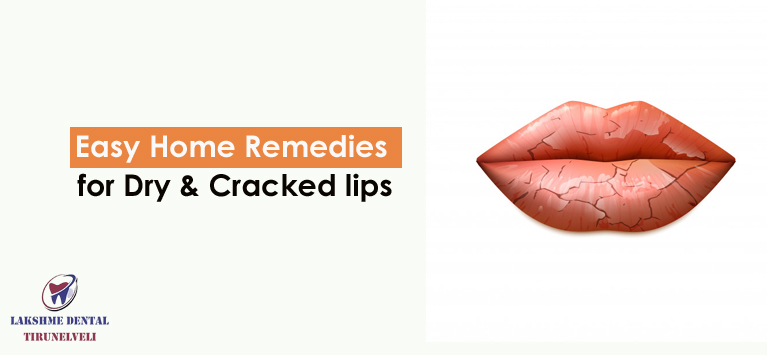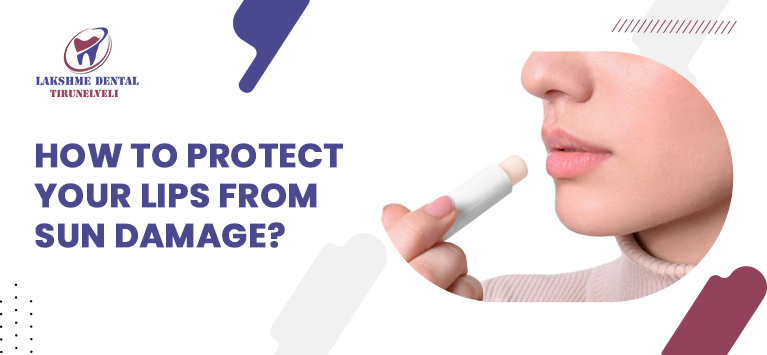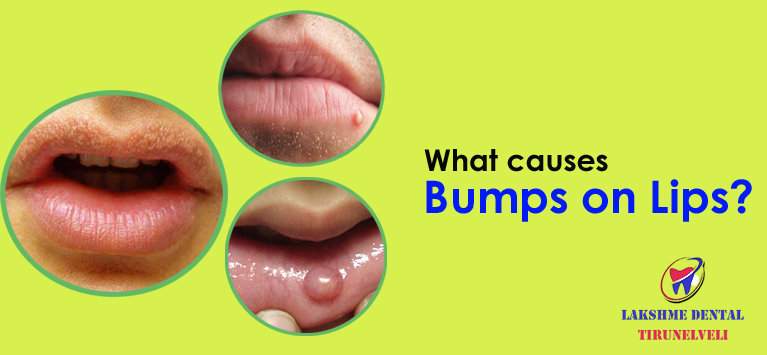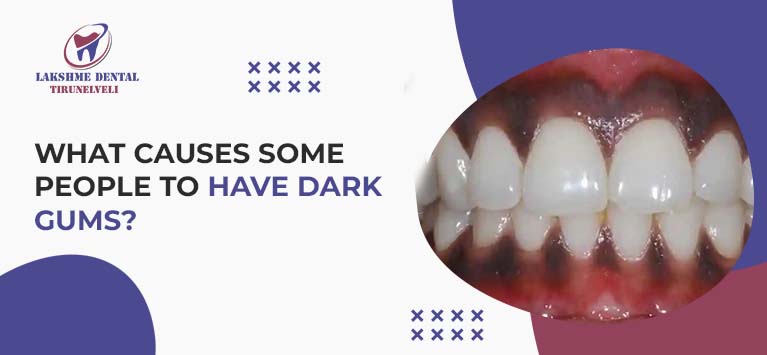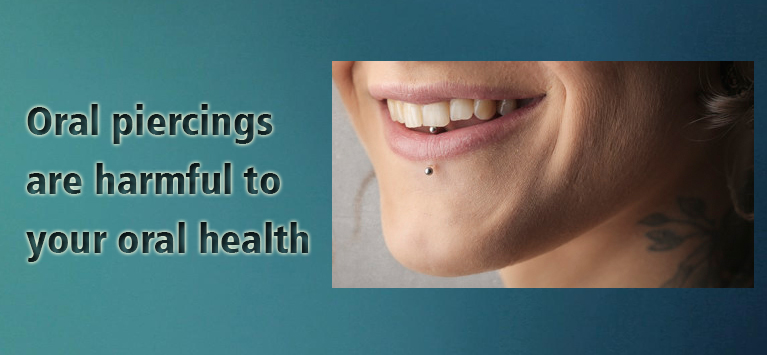
Oral Piercings Are Harmful to Your Oral Health
Oral piercings are one of the ways to showcase your style by wearing jewelry in a tiny hole on your lip, tongue, uvula, or cheek.
Though it looks stylish, it is harmful to your oral health. Because of this, bacteria accumulation will be more, which may result in swelling and infection.
Breathing problems may arise if there is swelling in your tongue. In some cases, the accumulation of bacteria can result in damage to heart valves.
Here are some risks of oral piercings
Damage Gums
Oral jewelry results in exposure of root by pulling gums away from your teeth by rubbing against the gums. The exposure of root may result in teeth sensitivity and requires treatment like extraction or root canal.
Tooth Damage
When the presence of a foreign body is constant in your mouth, it will knock against teeth often and results in teeth damage. This damage of teeth results in cracked, scratched, or chipped teeth. Oral piercings can cut or scratch the gums, damage fillings, cheeks, lips, and other mouth’s soft tissues.
Swelling
As already said above, too much of tongue swelling block your airway and creates difficulty in breathing.
Infection
Your mouth is the best place to breed for bacteria. When a hole is made for oral piercing, it creates a pathway for bacteria to enter the bloodstream easily. Improper brushing techniques or habits and often touching the oral piercing without cleaning your hand results in infection.
Nerve damage
The risk of permanent or temporary nerve damage may occur, resulting in the mouth or tongue to numb. The sense of taste, as well as the movement of the mouth, will be affected when there is nerve damage.
Blood-borne diseases
Improper sterilization of the piercing instruments results in the transmission of diseases like hepatitis (a liver disease).
Dental visit problems
Oral piercings make some treatments difficult when you come for appointments. Taking X-ray of your mouth will be a problematic one as well as proper cleaning of your mouth will turn into a difficult task.
Mouth piercings also causes
Difficulty in speech
Difficulty in chewing and swallowing
More drooling
Allergy to metal
Tips to maintain your oral health after piercing
Keep it hygienic
After each meal, rinse your mouth with an antiseptic mouthwash.
Don’t forget to brush twice a day and floss.
Brush your jewelry also to clean hidden plaques.
Use small barbell
Use of large barbells results in swelling, hence, use smaller barbells for piercing to avoid more damage.
Handle it safe
When the oral piercing is comfortably set, remove it before participating in any sports, sleeping, and eating. To fill the hole after removing metal, get a tongue retainer made of plastic.
While we suggest avoiding oral piercings entirely, you must care for your teeth responsibly if you have a piercing. You should always follow the post piercing tips given above to maintain your oral health in a good way. This involves routine evaluations and clean-ups at our clinic. Call us now to schedule an appointment.

